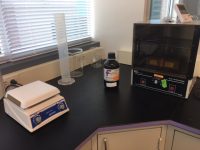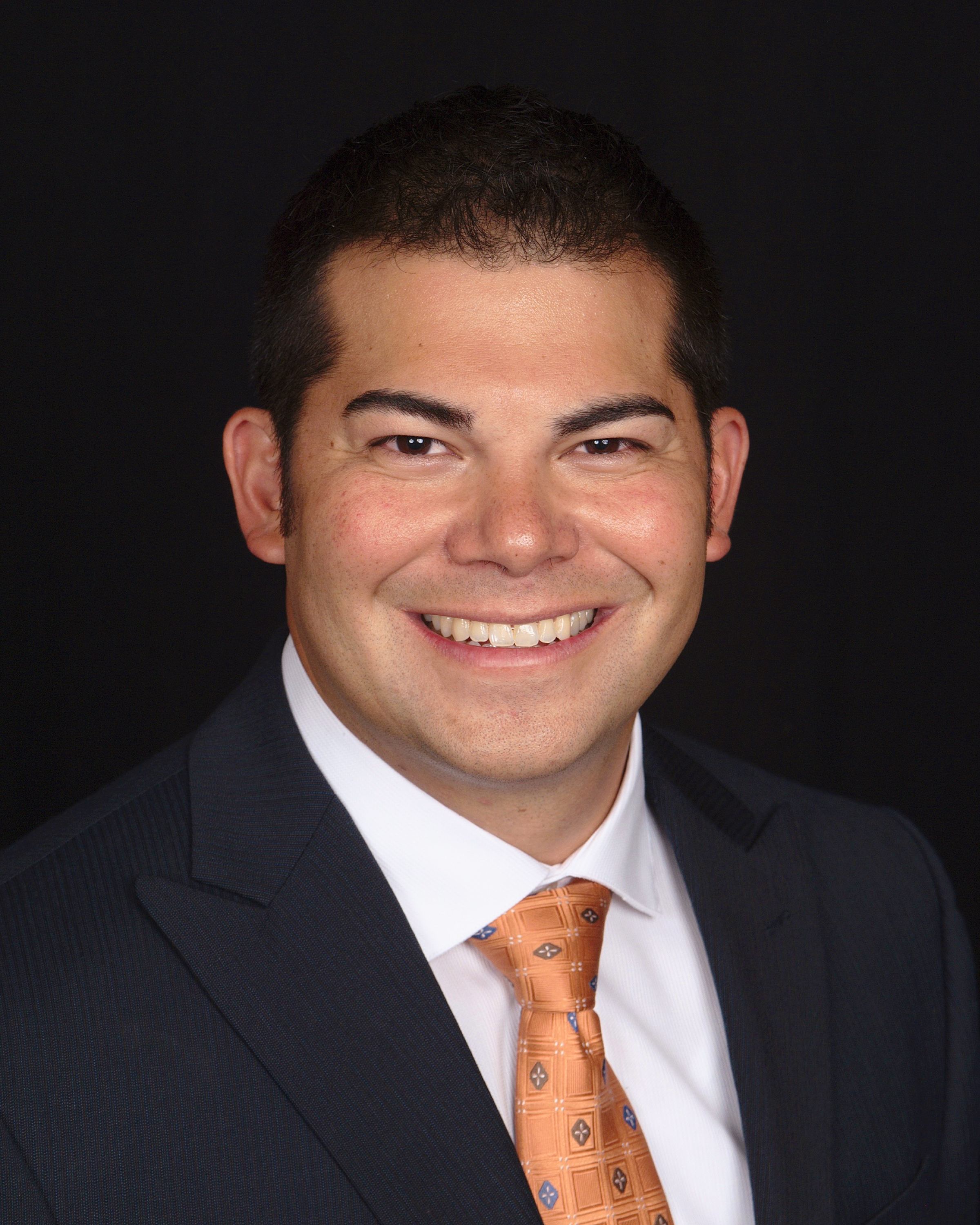There are many factors to consider when selecting a third party analytical laboratory:
- Why are you testing?
- Does a governing body require it?
- Are you testing to meet compliance with industry trends?
- Are you testing as supplemental protection to an in house laboratory operation?
- Are your results being used to help you market your product?
- Are the results being utilized for internal R&D?
- What are you looking to get out of testing?
Perhaps it is a combination of all these things. Regardless, whomever you contract with for whatever reasons, it is important to understand what you are getting, know what you are entitled to, understand your results, and understand where you and your company remain vulnerable. You must also be prepared with a plan to handle adverse results. Testing at a third party analytical contract laboratory does not mean they assume all of your product’s or company’s liability, regardless of the lab’s reputation.
Ask your third party laboratory about any accreditations, certifications, and licenses that the lab should be accredited and/or certified for. Each state has different certifications and licensing requirements; make sure the entity you are using is licensed or certified for the services you need. Additionally, there is an accreditation called International Standards Organization (ISO) 17025 that is the pinnacle of third party laboratory accreditation. ISO 17025 is a set of protocols that your third party lab should follow to do everything it can to ensure your data is accurate and produced with reliable standards, control samples, matrix control samples and proficiency tests to verify the accuracy of the lab’s employees and methods, among a number of other criteria included in the standard. A number of different entities offer accreditation to ISO 17025 but it is important that the the accrediting body is also accredited to their ISO standard. Simply buying ISO 17025 compliant materials or standards does not mean that the vendor service or product is accredited to ISO 17025. Cannabis laboratories are just starting to implement and build systems around ISO 17025 but it has been prevalent in the third party lab business in many industries for decades and should be applied to the cannabis industry.
Visit your lab and understand their background and experience. Start by requesting a tour of the laboratory you choose; you want to know how things look behind the scenes. Is the lab orderly and doing its best to protect sample integrity? There may be a lot of things going on in the laboratory and it may look chaotic but it should be relatively clean. This prevents contamination and sample mix-ups. Further your relationship with your laboratory by understanding the laboratory’s experience and getting to know your laboratory staff. Consider the lab staff as part of your extended team, they are there to help you and help bring your product to market. The more they understand your goals, the more they can help.
Understand your lab’s history and background: Have they worked with products and/or analytes similar to yours? Have they worked with your sample matrix or one similar to it before? Their prior knowledge and laboratory experience, as it relates to your product, will help provide accurate data and navigate complex matrices.
Most importantly, a laboratory should be willing to release the data packet that is used to generate test results to the client. Releasing this data does not divulge any proprietary information of the lab. It is the laboratory’s job to provide you with the data upon request. It is important to note, looking at your raw data is not the same as looking at the laboratory method, also known as a work instruction or operating procedure. The lab most likely won’t give you the method as those are typically trade secrets, but there is no reason not to share with you the chromatography that the HPLC, GC, GC/MS, or LC/MS generated. This will demonstrate the lab’s sound analytical data and increase your confidence in the analysis you are receiving. When you pay for the results, you are also paying for your data and if your laboratory is not releasing that information to you at your request, you should be skeptical. This data needs to be able to stand up to audits and legal action.
Finally, confidentiality: your data is your data. Yes, you may have to report results to a governing body, but your laboratory should not be sharing your name and your data with anyone but your authorized list of contacts without your permission. They should not even disclose that you are their client without your prior authorization. Confidentiality is not just applicable to a few key employees at the laboratory, it is pertinent to everyone from the sample pickup driver, if you have one, to the chemists and upper level management.
Understanding your contract laboratory’s certifications, licenses, and accreditations, requesting and receiving raw data packages, and ensuring that you feel comfortable with the laboratory, its staff and their practices are key elements to ensuring a successful relationship with your laboratory.
![]()









